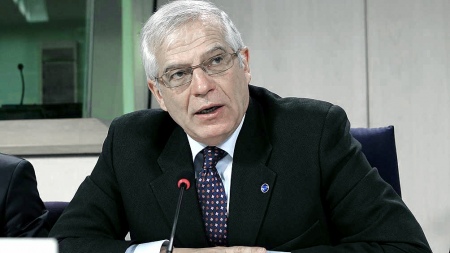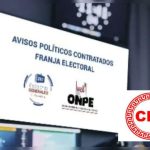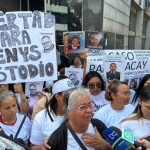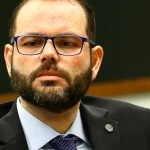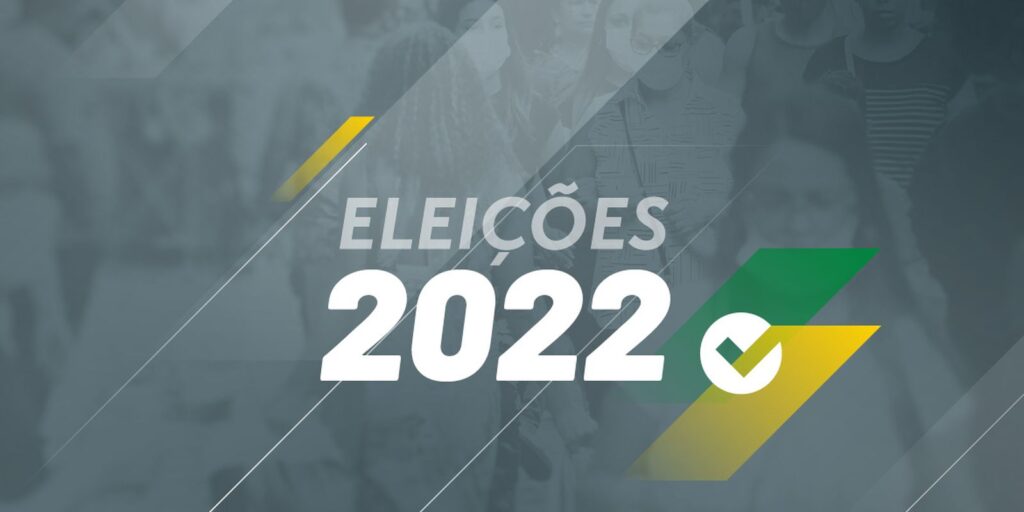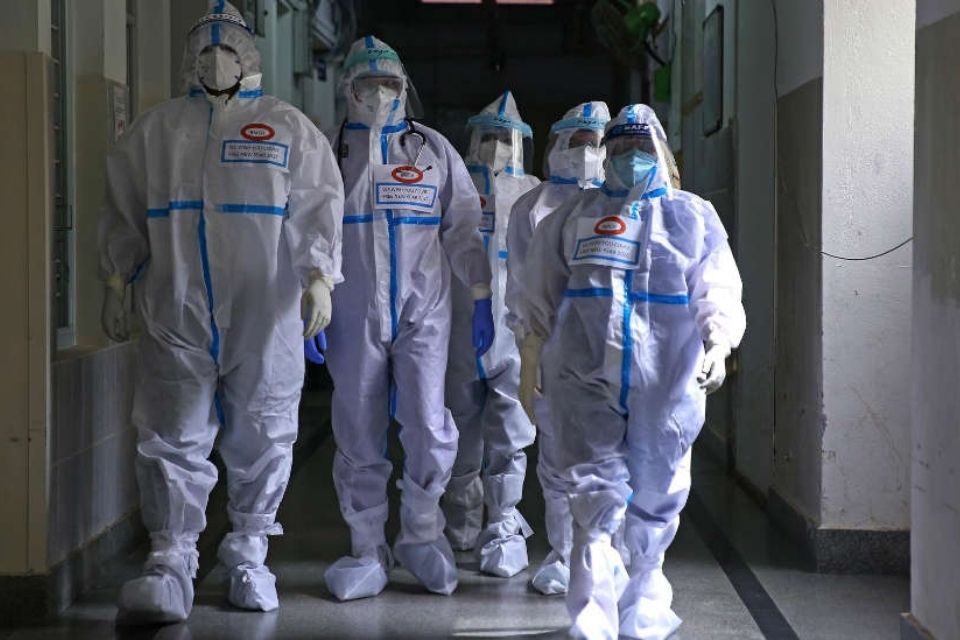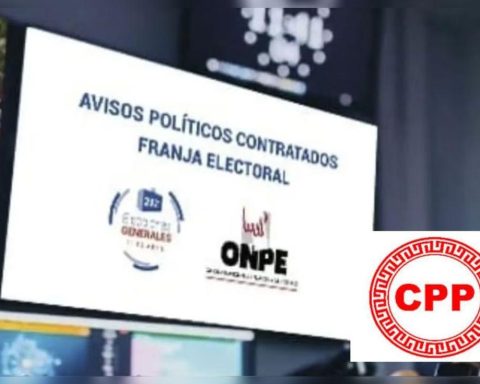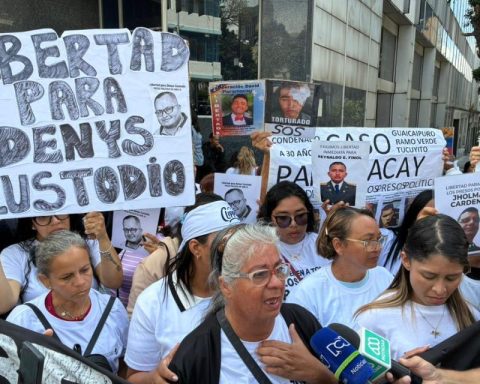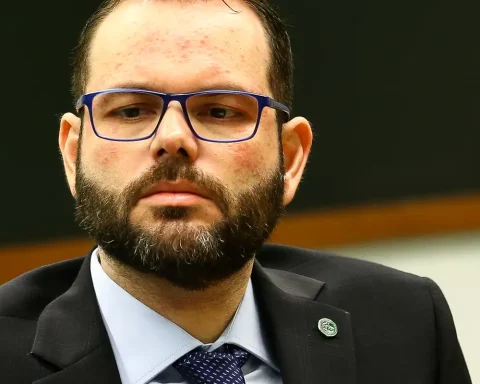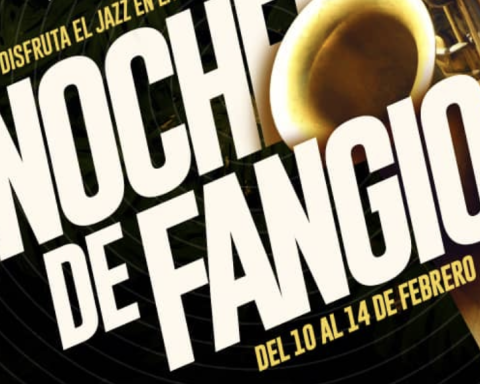The High Representative of the European Union for Foreign Affairs and Security Policy, Josep Borrell, considered that Argentina is “a key country” to relaunch relations between the European bloc and Latin Americarecalled that “Within Mercosur nothing is possible without Argentina” and explained what they would be, “the four axes” based on which the association between Europe and Latin America could be deepened.
In an interview with Télam during his visit to Buenos Aires, and in the framework of the III Summit of Foreign Ministers of the Community of Latin American and Caribbean States (Celac) with their peers from the European Union (EU), Borrell spoke in favor of a negotiated solution to the conflict between Ukraine and Russia.
“All wars end with an agreement, with a ceasefire and a negotiation. The sooner the better. For now, it is clear that Russia has not wanted to, it continues to maintain an attack, now on the defensive, but attack after all. I don’t see a way out in the short term. Which does not mean that we are not wanting and looking for it, “was his analysis.
“It’s been five years since there has been a meeting of the foreign ministers of Europe and Latin America, it’s been too many years and the world has changed a lot”
The official of Catalan origin, who is also vice president of the European Commission, has always been a promoter of Europe looking more towards Latin America and on this trip he insisted on that idea.
“It’s been five years since there has been a meeting of the foreign ministers of Europe and Latin America, it’s been too many years and the world has changed a lot,” he reflected.
That’s why considered as “very important, first, to celebrate” the summit that brought him to this continent, “and then start a dynamic of greater consideration between the two regions.”
Before his arrival in Argentina (he passed through Uruguay first), Borrell spoke about the need to “re-launch the association between the EU and Latin America and the Caribbean”, and considered that there are “many ways” to make this initiative a reality.
“Identify priorities for joint work, where the digital transition and the energy transition are fundamental pieces”
“First, we must work on the political level of the relationship. In Europe we have many summits of heads of state and government with our neighbors. We must hold a summit between the heads of state of Latin America and Europe,” he stated.
And as a second step on the road to relaunch he proposed “unblocking trade agreements that have been in the negotiations for too long, or modernizing them.”
“For example, with Argentina we have a bilateral agreement from 1990, almost a third of a century. It must be renewed because no one remembers that it exists anymore. We must update it,” he said.
As a third point, he asked “to identify priorities for joint work, where the digital transition and the energy transition are fundamental pieces”.
And finally, he urged “to work more for peace in the world, because both Europe and Latin America are peaceful continents.”
On the place of Argentina in all this, he was exhaustive: “It is a key country, due to its size, due to the privileged relations it has with some foreign countries, and due to its productive, food, energy and technological potential.”

In that sense warned that the country “is not just soybeans and beef, it is much more”and as an example he gave “the great Argentine technological center that works on nuclear energy and satellites”, which he will visit this week in Bariloche.
On the other hand, he made it clear that he would like to bring to a successful conclusion the free trade agreement signed by Mercosur and the EU in 2019, after 20 years of negotiations.
“And within Mercosur nothing is possible without Argentina,” he stressed.
On Wednesday, during an academic dissertation with students from different universities in the auditorium of the Organization of Ibero-American States (OEI), in Paraguay at 1500, the Spaniard considered that it was necessary to “raise the level and intensity of political contacts” between the two continents.
And remember that while Mercosur is “one of the least integrated blocs in the world” (due to the high restrictions that still apply between the partners), the EU “is one of the most integrated and most open blocks in the world”, as its statistics show. “If they put us in contact, there would be a win-win (from English win-win),” was his opinion.
We debated with academia and students at OEI on “Latin America and the European Union in the face of new geopolitical challenges” together with @ElsaLlender, @FedericoMerke Y @odonnellmariawith pointed questions from the students.
I invite you to see it in https://t.co/h5uDfDusND pic.twitter.com/kRJZzSvhUB
— Josep Borrell Fontelles (@JosepBorrellF) October 27, 2022
The European official also spoke of the Russian invasion of Ukraine and what it meant to him as head of EU diplomacy, and made a passionate defense of the democratic system as “one of humanity’s greatest achievements” in recent centuries, in moments in which the powers governed by authoritarian regimes advance.
About Argentina, he marked his European imprint of the City of Buenos Aires, pointing out that “You are the Europeans from the other side of the Atlantic,” he said when describing the architecture of Buenos Aires.
“We are the two parts of the world that are most alike (he pointed to both continents), we are first cousins, but we do not work as if we were,” concluded the second of the European Commission.
Borrell has been an Argentine citizen since mid-2019when he explained in a public speech that he took this citizenship as a tribute to his father, born in Mendoza, the son of a Catalan immigrant who arrived in one of the migratory waves and then returned to his homeland.
Josep Borrell was born when the family had already returned to their town, La Pobla de Segur, in the province of Lleida, Catalonia, Spain.
